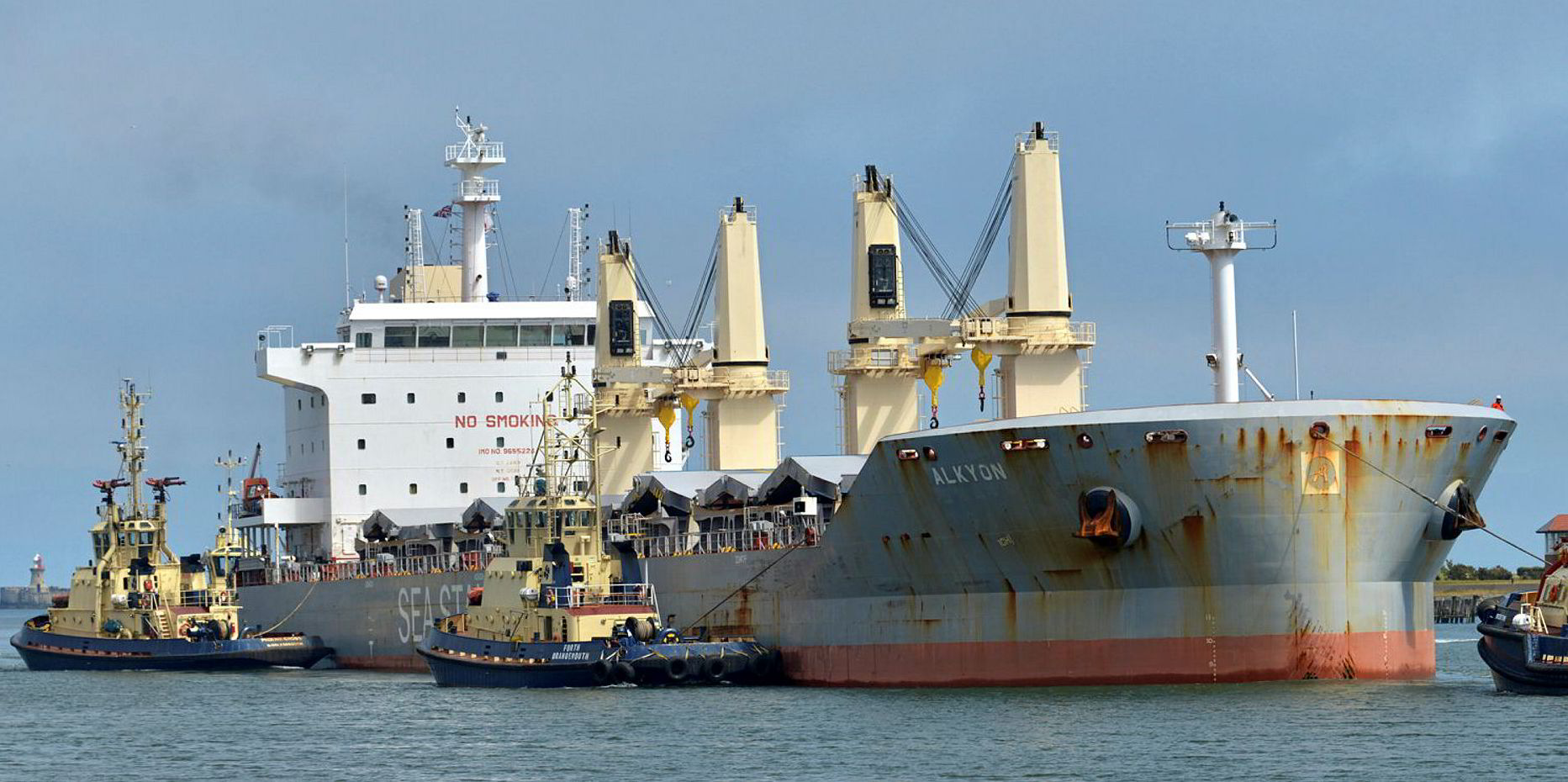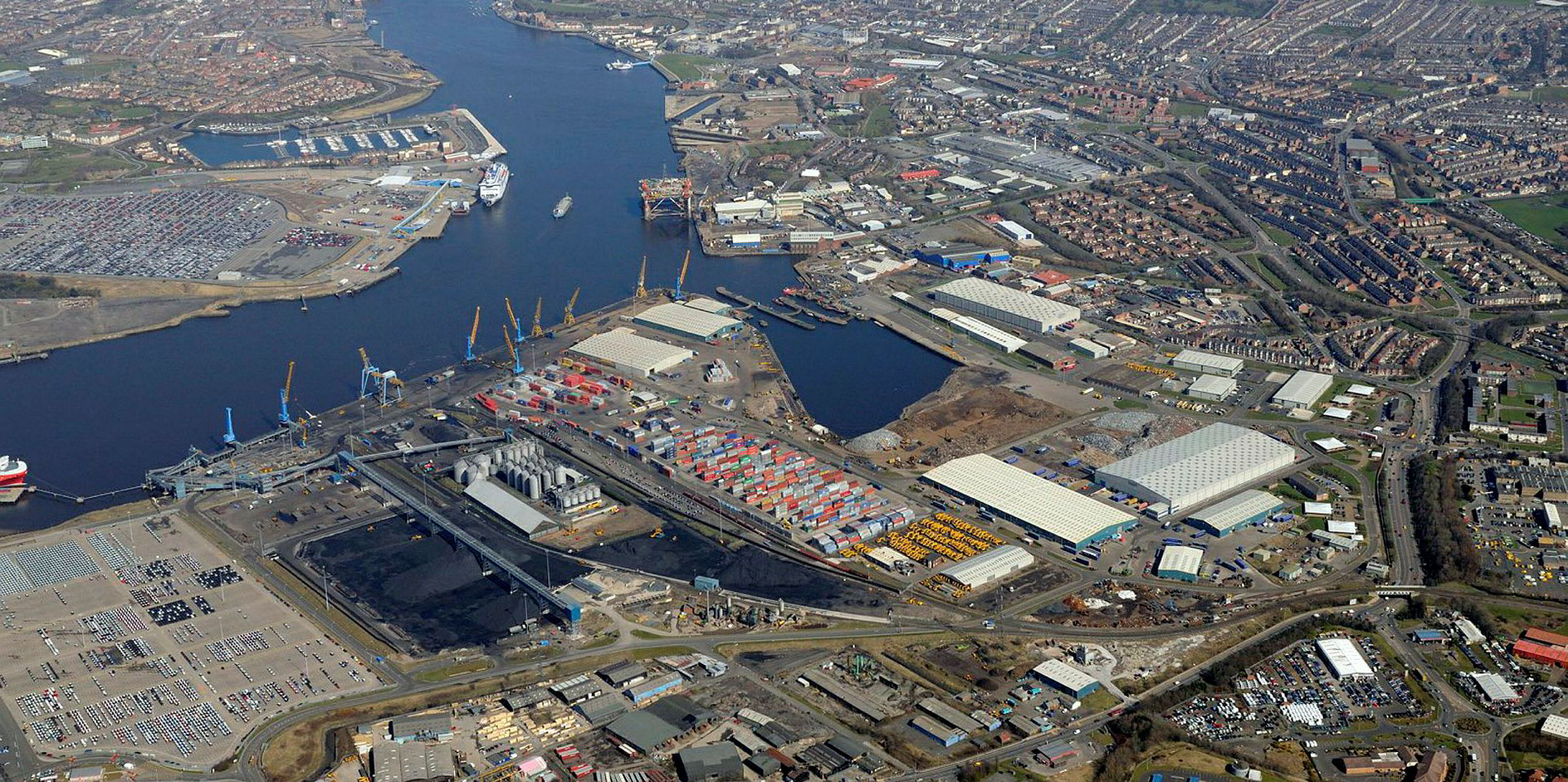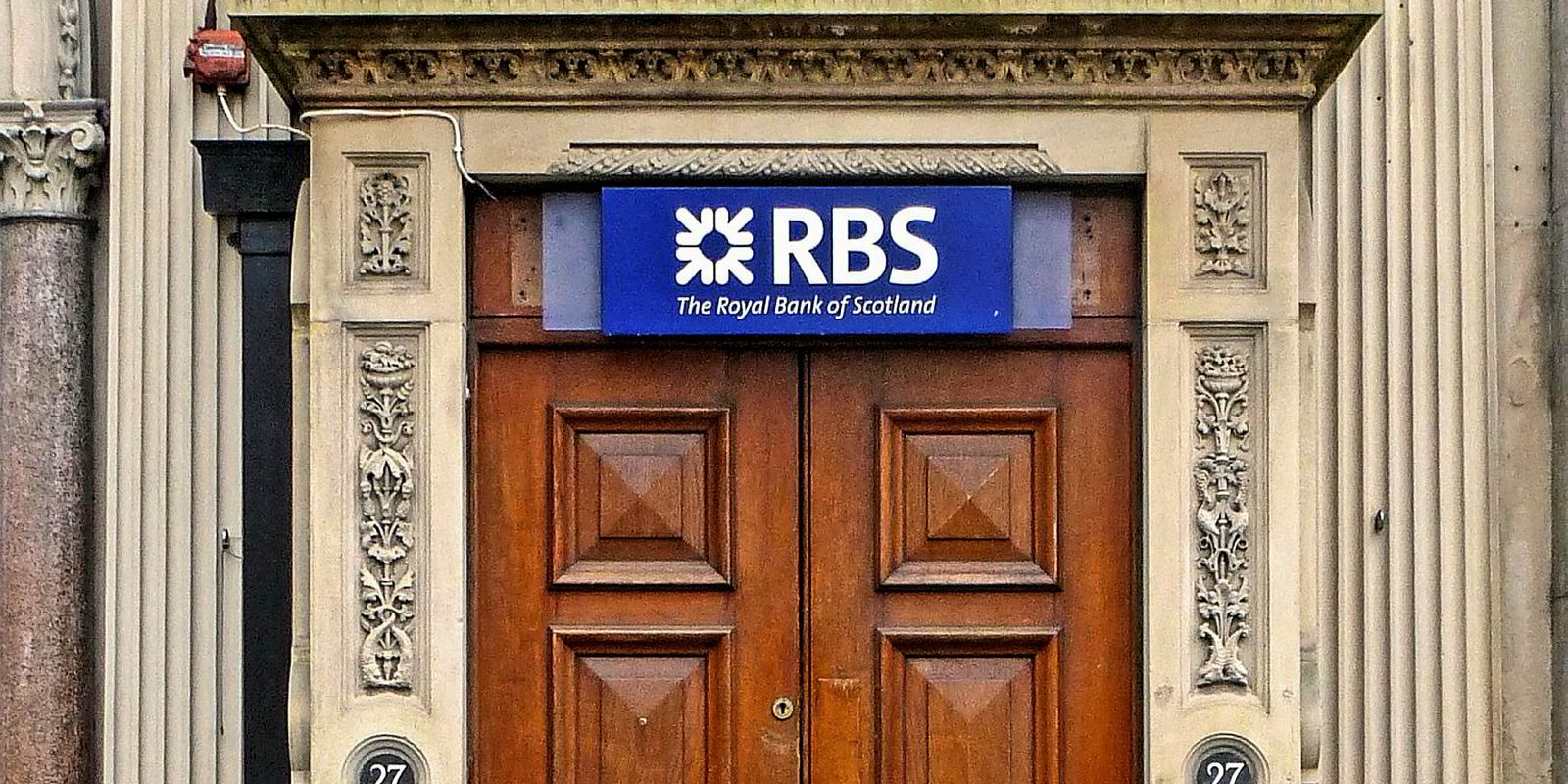The 36,000-dwt Alkyon (built 2015) is a humble, run-of-the-mill bulker that looks destined for a spell in the spotlight. The vessel’s arrest in the UK's Port of Tyne has become a cause celebre as it is the focus of controversy over shipbroker valuations.
The issue has only really come into the public domain because of a legal dispute in London, although there have been other little-reported court cases in the US that have raised similar concerns.
So these cases could be the tip of the iceberg, suggesting there should be much more industry debate over the best way of assessing the worth of a vessel at any one time.
The Alkyon was halted seemingly on the basis of single valuation as my colleague Harry Papachristou reported last week. Can this ever be enough?
Breaching loan-to-value clauses
To repeat the basic facts as far as we know them, the handysize bulker is owned by Stallion Eight Shipping and the Triphyllis family of Greece. The ship was stopped on the orders of NatWest Markets, which claimed the vessel was in breach of loan-to-value clauses in the debt contract.
Stallion Eight had borrowed $15.7m from the investment arm of Royal Bank of Scotland (now NatWest Markets) early in 2015 to pay for ordering the Alkyon as a newbuilding in China.
In January of this year, NatWest Markets, which is exiting the ship lending business, brought in Bank of America as a partner on the loan to Stallion.
In March, NatWest Markets claimed the Greek owner must handover $1.75m on the basis the ship’s value had fallen below the 125% of the loan's outstanding value.
The crux of this claim was a valuation by Paris-based shipbroker BRS that the vessel was now only worth $15.25m.
Alternative valuations
A frustrated Yiannis Triphyllis questioned the valuation and asked for alternative ones from other leading brokers.
Neither Clarksons, Braemar ACM nor Maersk Brokers put the value of the Alkyon below $17m, while one other broker estimated $18m.
The latter figure is almost 20% higher than BRS' value. Triphyllis asked for a second valuation from BRS, which came in at $16.5m. Admittedly, a number of weeks had gone by betweenthe first BRS valuation and the second.
Valuations will always involve a host of subjective elements including the broker's view of the future of any particular freight market, global growth patterns and fuel costs
Valuations will always involve a host of subjective elements including the broker's view of the future of any particular freight market, global growth patterns and fuel costs.
Different valuer used
Interestingly, Clarksons' valuations had been exclusively used by RBS before Bank of America was brought in to the lending. Bank of America seems to favour using BRS.
Attempts by TradeWinds to independently assess the value of the ship also came up with wildly different estimates.
VesselsValue, which does round-the-clock updates on its automated valuations using historic data and algorithms, assessed the ship being worth $15.4m at the time of the original dispute.

Maritime Strategies International, a similar digitally-based valuation provider, believed it to be worth $18.4m.
But that latter value was on the basis of the first three months of 2018. The figure moved up to $19.3m during the second quarter.
Maybe all this shows is that the worth of tonnage fluctuates wildly in line with freight rates.
It seems strange that, in these circumstances, NatWest Markets would want to use the advice of only one party — BRS. Or did it?
It seems strange that, in these circumstances, NatWest Markets would want to use the advice of only one party — BRS.
Or did it? I have asked the bank for an explanation for this, but it has not been willing or able to give one.
No comment
A spokesman for Bank of America also said: “We are not commenting on this I am afraid.”
Admittedly, a legal case brought by Triphyllis makes banks and others nervous about public statements. But it is more than a pity that lenders will not discuss their methodologies.
It is possible that before 2008, when RBS was heavily engaged in shipping and before the bank was bailed out with a massive dollop of public cash, that this arrest would never have happened.

Surely Lambros Varnavides, the former RBS head of shipping and most people's view of a long-term “relationship” banker, would have been consulted on a ship arrest?
Decades of experience
He would have feeling and instinct based on decades of experience about whether a vessel owned by the Triphyllis family was a credit risk or not — regardless of a shipbroker's valuation.
Harry Papachristou also looked at the history of low BRS valuations in other cases of ship arrests by Bank of America, which also seem to show it is out of sync with some of its peers. Is this inevitable with such complex and volatile maritime markets?
The French broking house has robustly and understandably defended its own experts, but we need wider industry debate about the real value of valuations.





